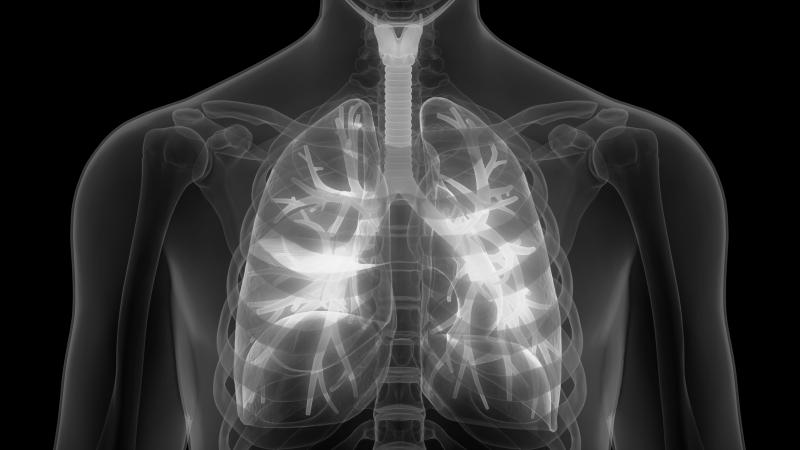
Almost half of patients with coronavirus disease 2019 (COVID-19) do not achieve clear clinical and radiological remission within 10 days after hospitalization, reveals a recent study. Factors associated with poor prognosis include male sex, anorexia and no fever upon admission.
A total of 155 consecutive patients with confirmed COVID-19 in Zhongnan Hospital of Wuhan University from 1 January to 5 February were included in this retrospective single-centre study. Patients were categorized into general and refractory COVID-19 groups based on clinical efficacy after hospitalization. The investigators then compared the differences between the two groups.
Comparisons between refractory and general COVID-19 patients (45.2 percent) revealed that the former tended to be older, males, have more underlying comorbidities, lower incidence of fever, higher levels of maximum temperature among fever cases, higher incidence of breath shortness and anorexia, and more severe disease assessment on admission.
In addition, refractory patients also had high levels of neutrophil, aspartate aminotransferase (AST), lactate dehydrogenase (LDH) and C-reactive protein, lower levels of platelets and albumin, and higher incidence of bilateral pneumonia and pleural effusion (p<0.05).
Treatment-resistant patients were more likely to receive oxygen, mechanical ventilation, expectorant and adjunctive treatment such as corticosteroid, antiviral drugs and immune enhancer (p<0.05).
When considering the factors of disease severity on admission, mechanical ventilation and intensive care unit transfer, refractory COVID-19 patients tended to be male and have manifestations of anorexia and fever on admission, and receive of oxygen, expectorant and adjunctive agents (p<0.05) after adjustment.
“Since December 2019, novel coronavirus (SARS-CoV-2)-infected pneumonia occurred in Wuhan, and rapidly spread throughout China,” the investigators said. Of note, SARS-CoV-2 is the virus responsible for COVID-19.